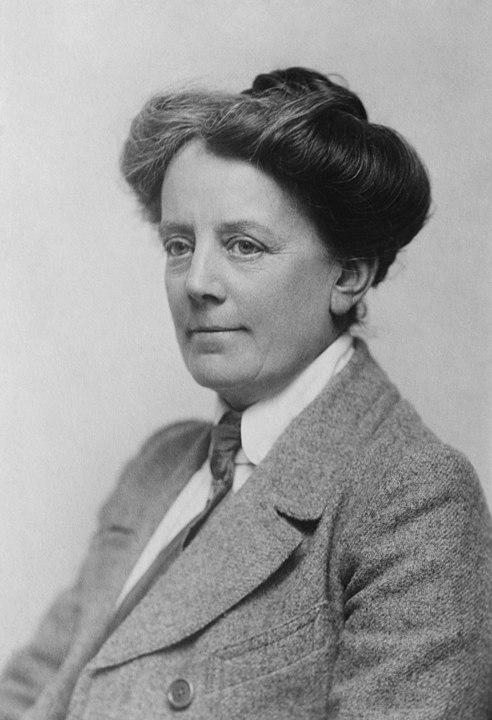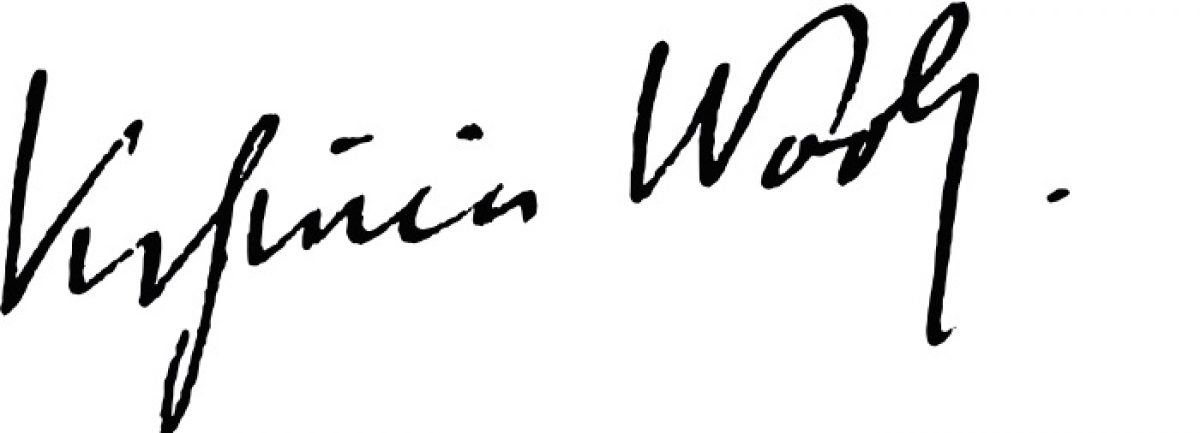After spending Christmas in London, Virginia and Leonard went to Rodmell on 27 December, returning on 3 January, 1929.
diary xviii: 4 January 1929-15 June 1929
4th January, 1929: Virginia is delighted with Orlando being included amongst the Manchester Guardian’s best of the year and, more so, that the novel, as such, considered to be ‘… the dominant art-form of this age’ [p. 217]. And almost crows that, to the contrary, the Times has not so much as mentioned the exhibition in which Vanessa’s work is being displayed. The rivalry persists – between the sisters and between their respective forms of artistic expression. Reflections on a sad Christmas visit with Koteliansky: talked about Lawrence’s Lady Chatterley’s Lover and Huxley’s Point Counter Point, both published in the year now gone, and reminisced on Mansfield. Then, a last paragraph, that illustrates her growing obsession with the transitory nature of time – as relating to her, to those close to her and human life in general.
In the above entry, Virginia does not mention the planned trip to Berlin where Vita had gone to join Harold; there in his capacity as Counsellor at the British Embassy. These facts are filled in by an editorial note [p.218]. The Woolfs left for Berlin on 16th January via Holland, and were joined a couple of days later by Vanessa and Duncan and Quentin who had been touring galleries in Germany and Austria. In the company of the Nicholsons, they spent ‘a very rackety’ week in Berlin, returning home on 21st January with VW close to collapse. She was virtually invalided for the following six weeks.
It is 28th March when Virginia writes again, as usual apologetic for her absence from these pages; passing review quickly from bed-time, to out-of-bed but barely functional time to a time to move on. That move though she fancies to be more in the mind and imagination. The Woolfs have a new car, a large hotel (The Royal) is being constructed to the rear of Tavistock Square – the noise inhibiting VW’s concentration, Vanessa has a new studio at 8 Fitzroy Street and will leave soon for the summer in France.
13th April: Virginia tells us that she no longer uses the studio for printing but now as a place to write – at Rodmell she awaits still that space, that room (of her own) in which to work. We haven’t heard tell of servant problems for some time but in this entry Nelly gets the brunt of a nasty little diatribe. That loathsome side of our heroine that we (I!) wish were not there. Happily, money (for ‘my new room'[p.221]) is due from across the Atlantic for an autumn commission from the New York Herald Tribune, encompassing a set of portraits – ‘Cowper and Lady Austen’, ‘Beau Brummel’, ‘Mary Wollstonecraft’ and ‘Dorothy Wordsworth’. (Re-published as ‘Four Figures’ in The Common Reader Second Series in 1935.). There was a visit from Hugh Walpole and some invigorating chat – on war and Russia and the great and good. Dinner at Richmond with Vita and a drive around the Park – the pleasure of having money. By the time April ends, Virginia has had enough of the cold spring and her self-enforced solitude and is returning to social life, and her mind and heart are open to sympathizing with the plight and humiliations of their ‘genius’ Tom (Eliot) and Vivien.
May, 1929 ends with a General Election (which led to Ramsay MacDonald forming his second Labour Government). The Woolfs travelled to Cassis on 4th June and returned on 14th June.
diary xix: 15 June 1929-28 december 1929
Saturday 15 June: This unusual start of a new volume is explained by its author with the practicality of a bound volume that can stand upright on a shelf!
VW pointedly documents that, before leaving for France, Lytton had visited and she had clearly stated her unfavorable opinion of Elizabeth and Essex (see entry 28 November 1928). Their exchange had been fair and forthright, and she is quite obviously relieved with the outcome and that their friendship has not suffered. And – she sees confirmed that as a writer she is – at least! – on equal terms with Lytton.
On Sunday 23 June, on reading through the Common Reader, Virginia castigates herself for what she identifies as a lack of preparation and structure and therefore succinctness in her more general essays, and resolves to carefully review ‘A room of one’s own’ before printing. She then returns to the ‘Moths’, and what characters may inhabit this surreal world, and ‘phantom waves’ and a flower growing. And then wonders whether ‘waves [could be] heard throughout‘ [p.236]. It seems that waves are beginning to supersede moths as the primary motif for this idea that has long obsessed her.
On 15th June, Virginia remarks on the singular quality of this sojourn – how hot it was, how rare to be alone with Vanessa and Duncan; the food, the books, buying lovely things, the rivalry with Nessa, her anonymity.
Through July Virginia is intermittently unwell and depressed, and unsettled by the pace of urban life [p.238], so that by the end of the month the Woolfs have decamped to Rodmell. She is plainly irked, jealous, of Vita’s relationship – including a walking holiday in France – with Hilda Matheson – and all the other ‘Hildas’ real and imagined, and ‘Nelly’ problems – also real & imagined! – become an alibi for her dissatisfaction. Generally this appears a fretful Summer allowing only occasionally for levity in, and appreciation of, her natural world.
At the beginning of October the Woolfs return to London and, in the warm golden glow of Autumn, she is very aware of her riches and just as much of her limitations. The ‘Moths’ are morphing more and more into ‘Waves’, and on 24th October A Room of One’s Own is published simultaneously on both sides of the Atlantic. Fittingly, after a weekend in Rodmell, Virginia notes on Tuesday 5th November “… & my room is now about three feet of brick, with the window frames in […]”
December comes and almost goes and with it Christmas at Rodmell. On Boxing Day VW sits in her new room and purrs. Visitors also come and go, and she ‘blunders on’ with The Waves – ‘…there is something lacking’ she says. [p.275] In her 28th December entry VW’s recollection of talking with George Bernard Shaw at a Keyneses soiree on 19th December, leads her into a soliloquy of sorts inclusive Shaw’s insinuation that she had inspired his play Heartbreak House.
diary xix (cont): 4 January 1930-2 September 1930
Writing at Rodmell on 4th January 1930 VW informs that, irrespective of the new year, for economy’s sake she will continue with the same book. She is reading the trove of poetic scribblings sent to her by the mother of a teenager from Kent, Miss Joan Adeney Easdale. (The Wiki reference and this piece in German describe a not uncommon biography of a gifted woman in the first half or so of the 20th century. Neither creatively privileged circumstance nor ‘good’ marriage served this artistic life as well as it should have.) On 5th January the Woolfs return to Tavistock Square.
Sunday 26th January 1930: A wet, windy 48th birthday spent at Rodmell. VW’s bookkeeping suggests she made £3000 odd (‘the salary of a civil servant’) in the previous year, but with the expectation of sales of only 2000 or so of ‘The Waves’ she awaits a significant decrease in the year to come. Wrong again! An insert dated Oct. 30th 1931 says that after only 3 weeks 6,500 copies have in fact been sold.

Recovering from an influenza in February, a visit by (a clearly besotted) Ethel Smyth, the renowned composer and suffragette, that Virginia relates in a sparkling, humorous entry on 21st February, marks the beginning of one of Virginia’s most interesting friendships. Many of which I note were with older women.
With Virginia still not well the Woolfs go to Rodmell where, on 3rd March, Virginia is reading Dodo, the once celebrated 1893 novel by E.F. Benson in which the eponymous heroine is based on Lady Asquith and her friend, Edith, on Ethel Smyth. Surely not a coincidence that Virginia should now choose to read a popular novel of bygone year that is really not her thing. 11th March: A visit from Margaret Llewelyn Davies and a discussion about Janet Case leads Virginia to contemplate (as she often does) the fading of a personality in old age and what she may do to alleviate the decline she witnesses in her (brilliant) old friends “[…] only escape is to work the mind. I shall write a history of English literature…I shall walk…buy new clothes … keep my hair tidy … dine out” [p.297].
Mid-April has the Woolfs again at Rodmell for Easter. On 23rd April Virginia sees the light at the end of the tunnel as far as The Waves is concerned and back in London on 29th April she excitedly records the last sentence being put to the page. She seems to accept its strangeness – in style, in content, in intent – with pride, and acknowledges the doctoring that lay ahead.
The editorial note reports (amongst other things) that VW stayed at Long Barn with Vita on 23rd May after having been taken to see the Nicholson’s prospective new home, the ruined Sissinghurst Castle. On 29th May Hogarth got a new printing press, and the old one passed on to Vita (and is still at the castle at the time of writing).
On Monday 16th June VW is busy at her press and warding off (not necessarily unwanted attentions) and sums up the state of affairs thus:
The summer is in full swing. Its elements this year are Nessa & Duncan, Ethel Smyth, Vita & re-writing The Waves. We are very prosperous …gigantic sale of [Vita’s] The Edwardians [even though] it is not a very good book. Ethel Smyth drops in …generally, two letters daily [from her] I dare say the old fires of Sapphism are blazing for the last time…a game old bird – an old age entirely superior in vitality to Margaret’s [see 11 March above]
Vol III (p.306)
Through July there are more amusing accounts of VW’s socializing: with Ethel, with Vita, with the now ‘very fat’ Edith Sitwell. The Woolfs go to Rodmell for summer on 21st July.
During the hot month of August VW is busy and content. Ethel writes every day and then visits Monk’s House; which inspires an enlightening entry on 25th August revealing just how fascinated Woolf is by the vitality of this over-70 year old who has all but insinuated herself upon her, and how much she loves having this indomitable free spirit quite obviously bonkers about her! As the month ends she is reading “with some interest & admiration” Rosamund Lehmann’s semi-autobiographical novel A Note in Music [p.314]. But Virginia’s 2nd September entry describes vividly a collapse – physical and mental – whilst Maynard and Lydia were visiting – what she dramatically describes as a “brush with death” [p.315] – which then leads into some filling up of what appears to be the last pages of her notebook with reflections upon the people in her life.
